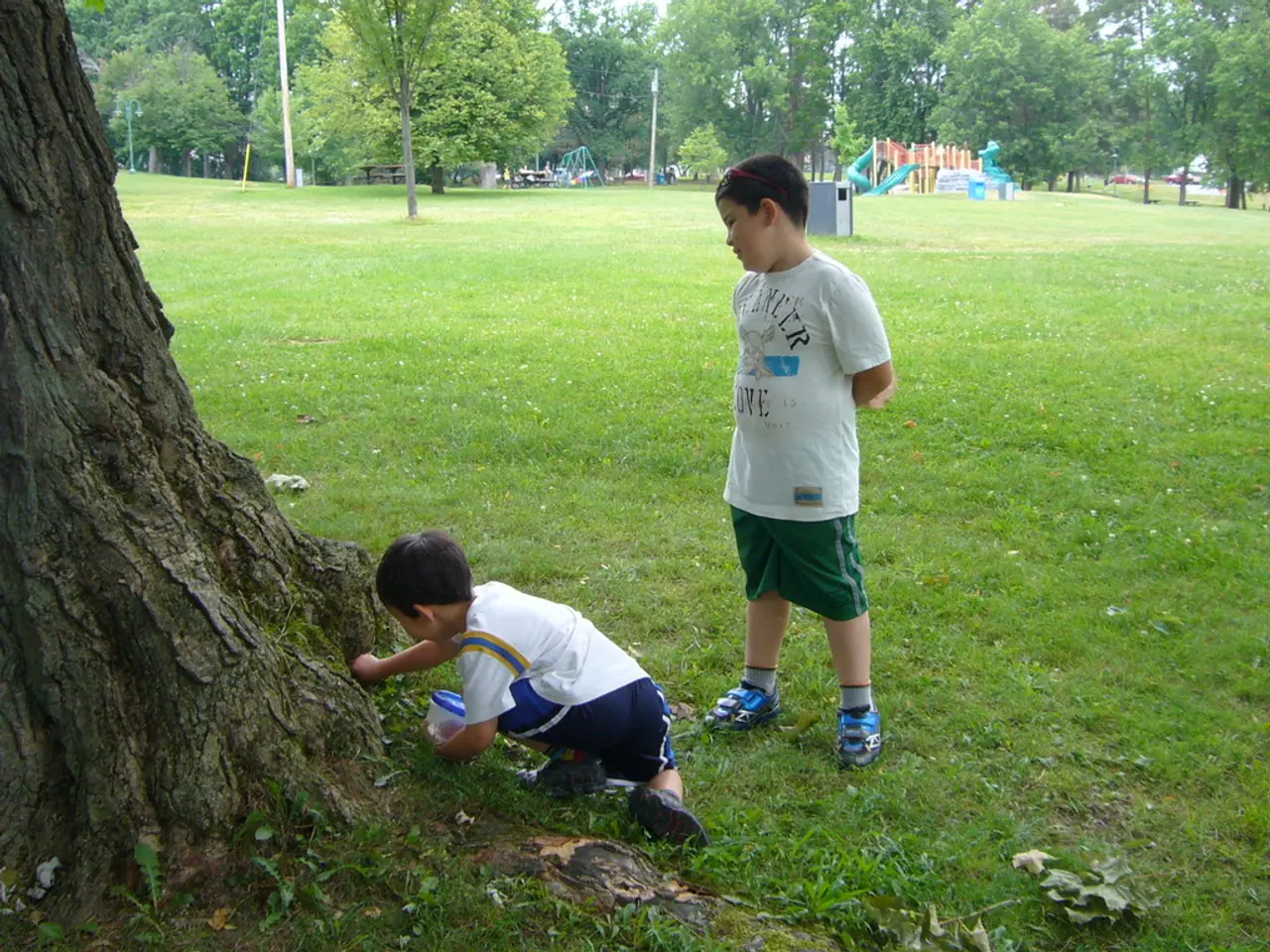Intense scrutiny directed towards allowing 2G services for minors
In several federal states of Germany, the 2G rule, which requires either vaccination or recovery from COVID-19 for access to various social and recreational settings, is currently under debate. The rule has sparked significant concerns among various groups, including health professionals, political figures, and child welfare organisations, who argue that it may negatively impact the social participation, health, and mental well-being of children and adolescents.
Holger Hofmann, federal managing director of the German Children's Aid Foundation, has voiced his worry that unvaccinated and non-recovered children may lose contact with their social network if they are excluded from meeting places due to the 2G rule. This exclusion, he believes, could lead to long-term social consequences, impeding peer interaction and normal social development during crucial stages of growth.
Critics argue that the 2G rule could disproportionately affect children and adolescents, who generally have a low risk for severe COVID-19 but whose psychological and social development depends heavily on social interaction and routine schooling. Retrospective acknowledgement by German health officials that school and daycare closures during early pandemic phases had negative impacts on children's well-being suggests an awareness of how such restrictive measures harm children's social and mental health.
Mental health concerns linked to isolation and social exclusion under restrictive COVID-19 rules include increased rates of anxiety, depression, and behavioural changes in children and adolescents. Though specific studies on the 2G rule's impact are scarce, general pandemic research has documented these risks.
The German Youth Sports Office, Diakonie (a youth welfare carrier), and several political figures such as Heike Baehrens (SPD), Tino Sorge (CDU), and Kathrin Vogler (Left) have expressed concerns about the 2G rule and suggested exemptions in as many areas as possible. They believe that the rule may further burden families and create unnecessary additional pressure.
However, Jörg Dötsch, president of the German Society for Child and Adolescent Medicine, considers the 2G or 2G plus rule justified only from the age of 18. Despite these concerns, the 2G rule for children and adolescents is currently in effect in several federal states.
References: [1] Retrospective acknowledgement by German health officials: https://www.spiegel.de/politik/deutschland/coronavirus-schulen-und-kindergarten-werden-noch-nicht-geschlossen-a-45c210f9-999a-40d8-9824-a83d127f193f [1] Broader criticisms of pandemic lockdowns and exclusionary public health measures targeting youth: https://www.nature.com/articles/d41586-021-00631-3




